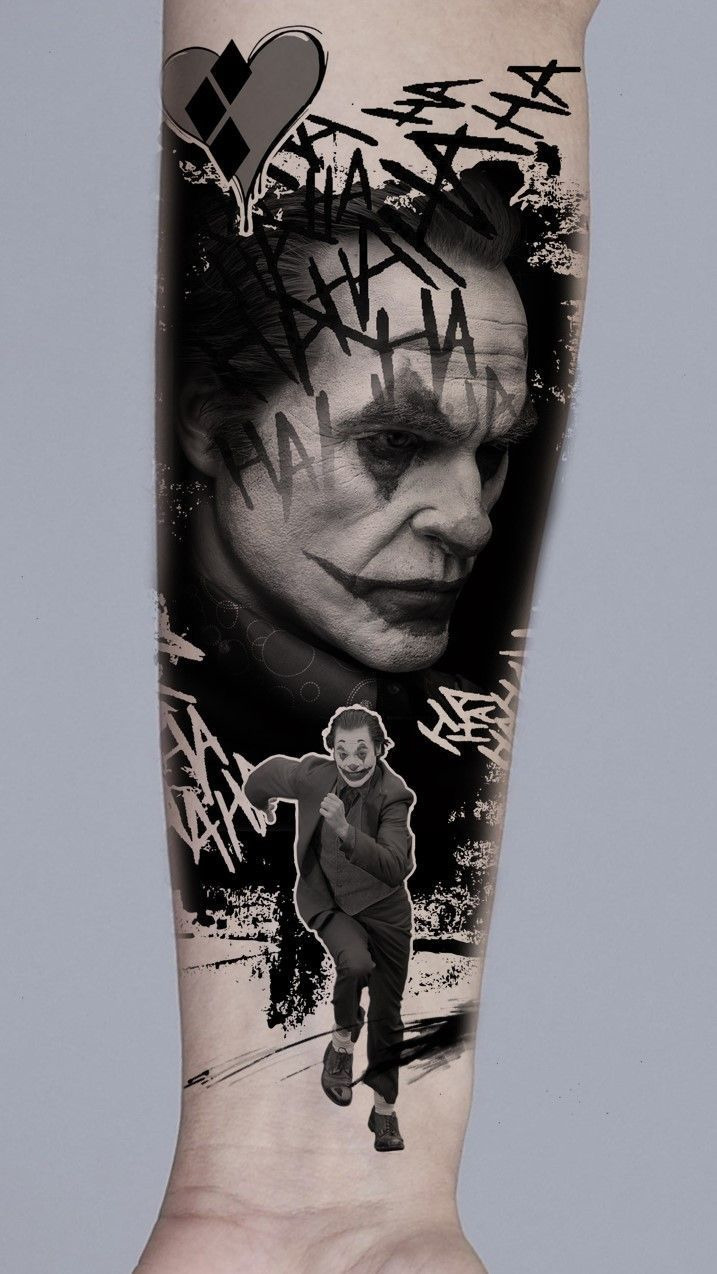
Бесплатный фрагмент - The Path to a Personalized Tattoo Style
Welcome to «The Path to a Personalized Tattoo Style,» a practical guide for beginner tattoo artists. This book is designed to help you develop the skills, knowledge, and mindset needed to build a successful career as a tattoo artist, while also cultivating your own unique style and artistic vision.
Throughout this guide, you’ll learn about the foundational skills needed for tattooing, such as machine handling, needle selection, and color theory, as well as more advanced techniques, such as shading, line work, and cover-ups. You’ll also discover tips and advice for building a successful business, building a professional network, and achieving a healthy work-life balance.
But this book is not just about technical skills and business strategies. It’s also about cultivating your own unique voice as an artist and finding the inspiration and creativity to develop a personalized tattoo style that truly reflects your artistic vision. Whether you’re just starting out or looking to take your skills to the next level, this book is here to guide you every step of the way.
So, if you’re ready to embark on an exciting and rewarding journey as a tattoo artist, let’s get started on «The Path to a Personalized Tattoo Style.»
Chapter 1: Introduction to Tattooing

Welcome to the world of tattooing! This art form has been around for centuries and has evolved into a thriving industry. If you’re a beginner tattoo artist, you’re probably eager to jump in and start creating amazing pieces of art on people’s skin.
But before you do that, it’s important to understand the basics of tattooing. Tattooing involves inserting ink into the skin using a needle. The ink is deposited into the second layer of skin, called the dermis, which makes it a permanent addition to the body.
As a tattoo artist, you’ll need to learn about the different types of needles, the various types of ink, and how to properly sterilize your equipment to prevent the spread of infections. You’ll also need to learn how to work with different skin types and how to properly care for a tattoo after it’s been done.
Tattooing can be a rewarding career, but it takes a lot of hard work and dedication to become a skilled artist. In the following chapters, we’ll explore the steps you can take to develop your own personalized tattoo style and become a successful tattoo artist.
Chapter 2: Building Your Tattooing Skill Set

Now that you have a basic understanding of what tattooing is, it’s time to start building your skill set. This involves learning the different techniques and styles of tattooing.
One of the first things you’ll want to do is practice your drawing skills. Being able to create a design on paper is an essential skill for a tattoo artist. You’ll also want to practice your shading and line work, as these are crucial for creating a successful tattoo.
It’s also important to study the work of other tattoo artists. Look at their styles, techniques, and use of color. This can help you develop your own unique style.
Another way to build your skill set is to take a tattoo apprenticeship. This involves working under an experienced tattoo artist who can teach you the ins and outs of the industry. An apprenticeship is a great way to gain hands-on experience and learn the proper techniques for tattooing.
In addition to practicing and learning from others, it’s important to invest in high-quality equipment. This includes tattoo machines, needles, and ink. Quality equipment can help you create better tattoos and prevent the risk of infections.
Building your tattooing skill set takes time and dedication, but with practice and hard work, you can become a skilled tattoo artist. In the next chapter, we’ll explore how to develop your own unique tattoo style.
Chapter 3: Developing Your Unique Tattoo Style

One of the most important aspects of being a successful tattoo artist is developing your own unique style. Your style should be a reflection of your personality, interests, and artistic abilities.
To start developing your style, it’s important to experiment with different techniques and designs. Try different types of line work, shading, and color to see what you enjoy the most. This can help you create a signature look that sets you apart from other tattoo artists.
Another way to develop your style is to specialize in a particular type of tattooing. For example, you may choose to focus on traditional American or Japanese style tattoos, or specialize in portraits or lettering. Specializing in a particular type of tattooing can help you build a reputation as an expert in that area.
It’s also important to listen to your clients and understand their preferences. They may have specific ideas or designs they want, and it’s your job to bring their vision to life. However, you can still incorporate your own unique style and techniques into the design.
Remember that developing your own unique tattoo style takes time and practice. Don’t be afraid to experiment and try new things. Your style will evolve over time, and with hard work and dedication, you can become a successful tattoo artist with a signature style.
Chapter 4: Understanding the Importance of Sterilization and Safety

As a tattoo artist, it’s your responsibility to ensure that your equipment is properly sterilized and that your workspace is clean and safe. This is essential for preventing infections and keeping your clients healthy.
To ensure proper sterilization, you should use disposable needles and tubes whenever possible. If you’re using reusable equipment, it’s important to sterilize it before each use. This can be done using an autoclave, a machine that uses steam to kill bacteria and viruses.
You should also wear gloves and a mask during the tattooing process to prevent the spread of germs. In addition, you should use a new set of gloves for each client and avoid touching anything that’s not sterile.
It’s also important to keep your workspace clean and organized. This includes cleaning your equipment, surfaces, and floors regularly. Make sure to dispose of any used needles and tubes properly.
Understanding the importance of sterilization and safety is crucial for the success of your tattooing business. Not only does it protect your clients, but it also protects your reputation as a professional and responsible tattoo artist.
Chapter 5: Client Communication and Consultation
Бесплатный фрагмент закончился.
Купите книгу, чтобы продолжить чтение.
